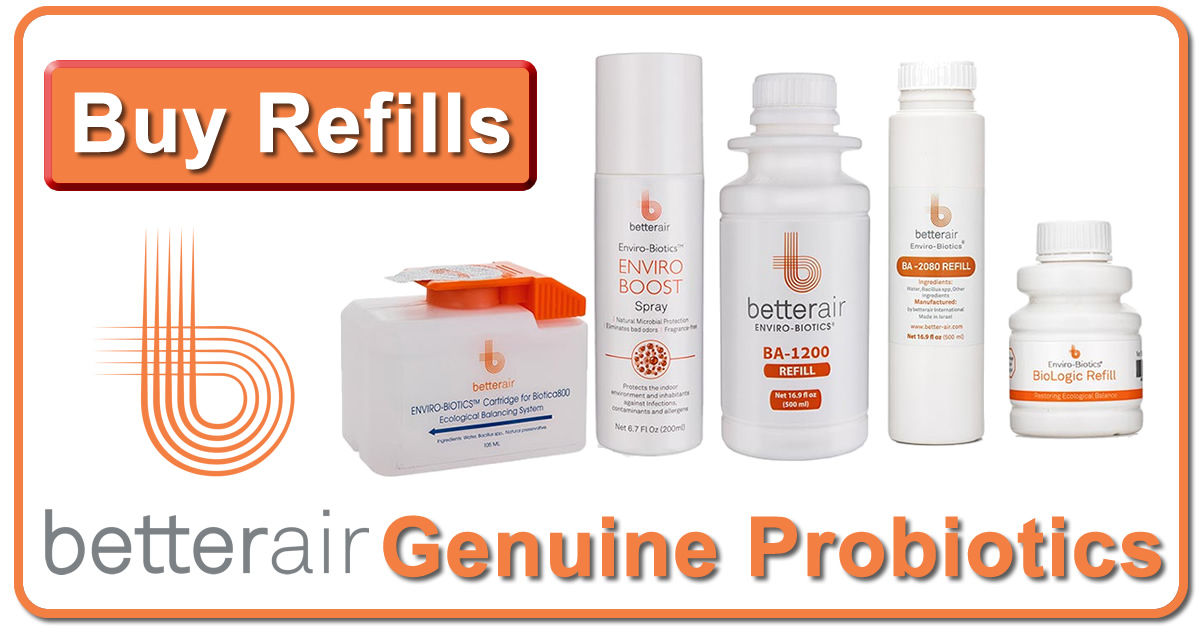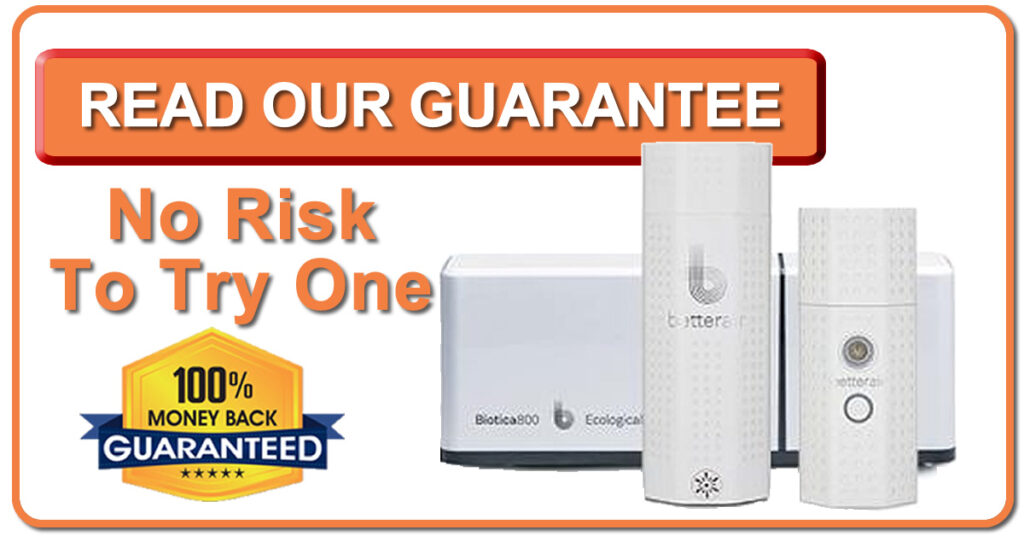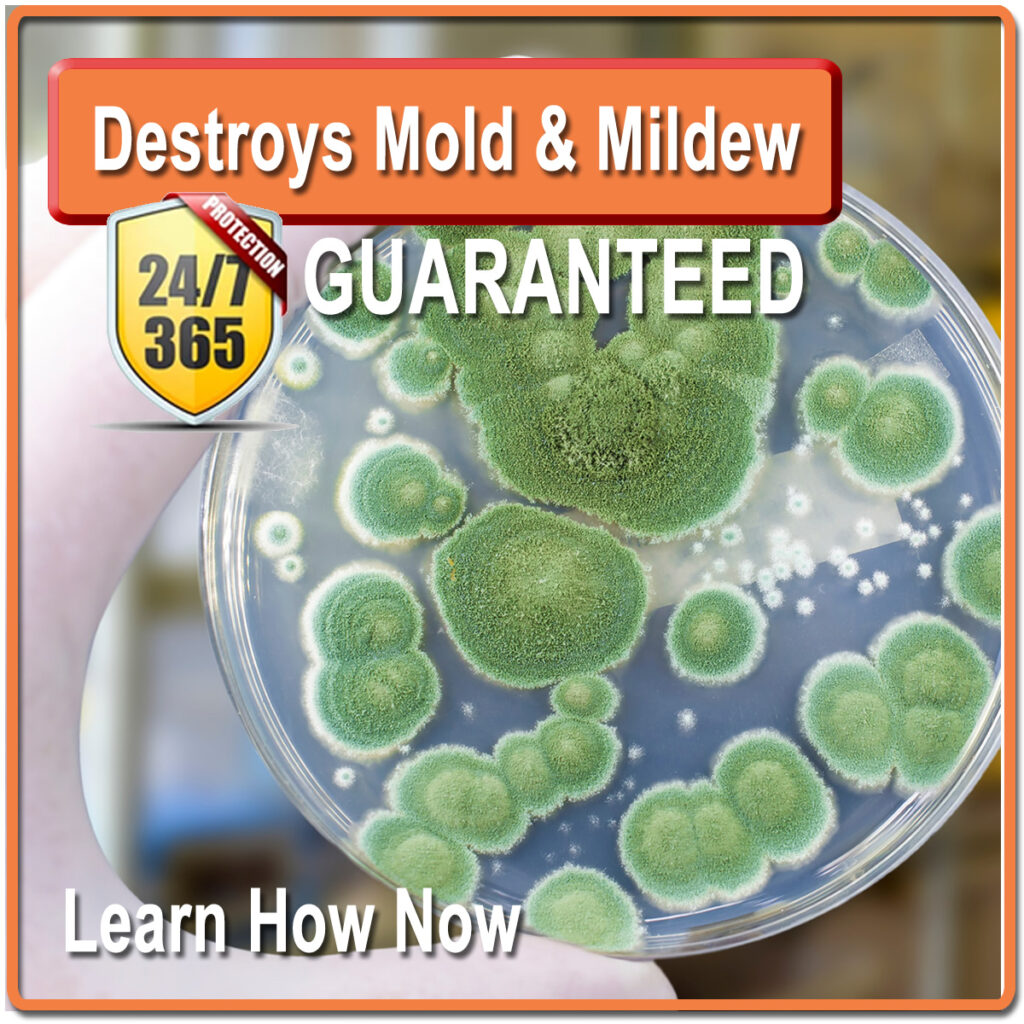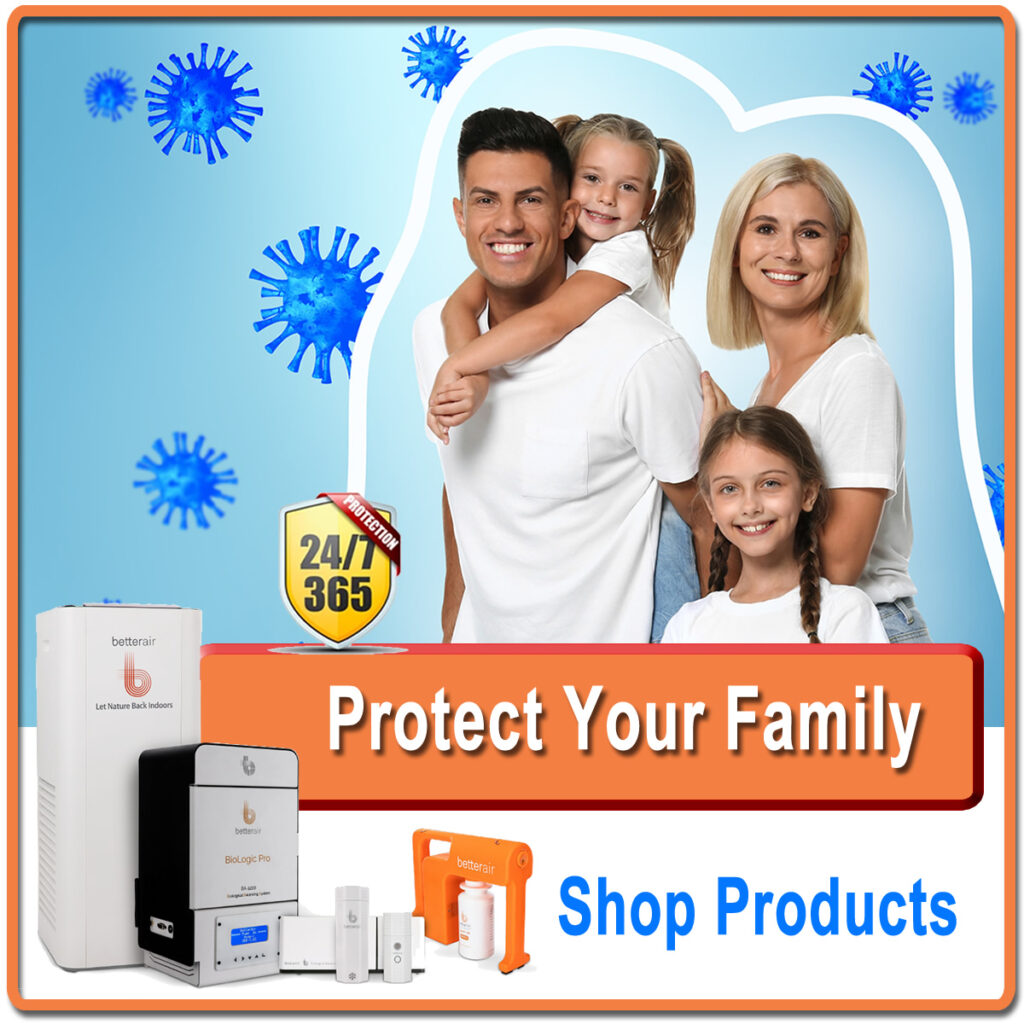
If you use store bought cleaners on your countertops, bathroom and floors, you are getting exposure to at least 10 different toxic chemicals with known adverse affects. Our PROBIOTICS are all-natural and are guaranteed to work.
Maintaining a healthy indoor environment is essential for overall well-being, but conventional cleaning methods often rely on harsh chemicals and antimicrobial agents that pose health risks. These products can contribute to respiratory issues, skin irritation, endocrine disruption, and the development of antimicrobial-resistant bacteria. Fortunately, there are safer and more sustainable alternatives that not only reduce these risks but also promote a healthier indoor ecosystem. One innovative approach is the use of environmental probiotics.
The Problem with Conventional Cleaners
Traditional cleaning agents, particularly those with antimicrobial properties, are designed to eliminate bacteria and other microorganisms. However, this indiscriminate killing of microbes can disrupt the natural balance of beneficial bacteria in our homes. In addition, the overuse of such products has been linked to the rise of “superbugs”—bacteria that have become resistant to antibiotics and antimicrobials. Furthermore, the chemical residues left behind by these cleaners can degrade indoor air quality, contributing to respiratory problems and other health issues.
Environmental Probiotics: A Natural Alternative
Environmental probiotics offer a revolutionary approach to indoor cleaning that supports rather than disrupts the natural microbial balance. These probiotics are beneficial bacteria that, when introduced into the home environment, help maintain a healthy microbial ecosystem. By fostering a diverse and balanced microbial community, environmental probiotics can reduce the presence of harmful pathogens while supporting the body’s natural immune defenses.
Unlike chemical disinfectants, which eliminate all bacteria, probiotics selectively inhibit harmful microbes while allowing beneficial ones to thrive. This can lead to a more resilient indoor environment that not only minimizes exposure to pathogens but also enhances the body’s ability to fight infections naturally.
How to Use Environmental Probiotics
Incorporating environmental probiotics into your cleaning routine is simple and effective. Products infused with these probiotics are available as sprays and some companies even offer automated dispersion devices to regularly release the probiotics into the indoor environment treating all indoor surfaces and objects. These devices work by populating your home with beneficial bacteria that compete with and outcompete harmful microorganisms. Regular use can lead to a healthier indoor environment with fewer allergens and pathogens.
Are you interested in trying our probiotic solution to a healthier home? Add a Biologic Mini to your cart now for only $79. If you don’t believe that it’s the best money you’ve ever spent in home cleaning and disinfecting, simply return it within 30 days for a full refund with no questions asked.


Benefits Beyond Cleaning
The use of environmental probiotics extends beyond merely reducing harmful microbes. By promoting a healthy indoor microbiome, these products can also help reduce allergy symptoms, support immune function, and even improve mental well-being. Research has shown that exposure to a diverse range of microorganisms, including beneficial bacteria, is crucial for the development of a robust immune system.
Conclusion
Maintaining a healthy indoor environment without resorting to harmful chemical cleaners is not only possible but also beneficial for long-term health. Environmental probiotics offer a safe, natural, and effective way to foster a robust immune system and create a healthier living space. By embracing this innovative approach, we can reduce our reliance on toxic cleaning agents and move towards a more sustainable and health-conscious lifestyle.
References:
- Bello, A., et al. (2009). Quantitative assessment of airborne exposures generated during common cleaning tasks: a pilot study. Environmental Health, 8(1), 11.
- Lachapelle, J. M. (2004). A comparison of the irritant and allergenic properties of antiseptics. European Journal of Dermatology, 14(5), 325-330.
- McDonnell, G., & Russell, A. D. (1999). Antiseptics and disinfectants: activity, action, and resistance. Clinical Microbiology Reviews, 12(1), 147-179.
- Lee, B. T., et al. (2018). Toxic chemical incidents involving household cleaning products: Analysis of data from a national surveillance system, 1993-2010. Clinical Toxicology, 56(2), 107-114.
- Vanker, A., & Gie, R. P. (2018). Indoor air pollution: The toxic mix of mould, dust, and bacteria. Current Allergy & Clinical Immunology, 31(1), 28-31.
- Buffie, C. G., & Pamer, E. G. (2013). Microbiota-mediated colonization resistance against intestinal pathogens. Nature Reviews Immunology, 13(10), 790-801.
-


BA 2080™ Probiotic PLUS+++ HEPA For Up To 2600 Square Feet
$999.99 -


BA-1200 Biologic Pro Whole House HVAC connected Probiotic Purification System
-


BioLogic MINI™ Probiotic Cleaning For Up To 300 Square Feet
$89.99 -



BioLogic™ Probiotic Cleaning For 500 Square Feet
$199.00 -


Biotica 800™ Probiotic Cleaning For Up To 800 Square Feet
$299.00 -


Portable Probiotic Fogger – Clean Anywhere, Anytime
$349.00







